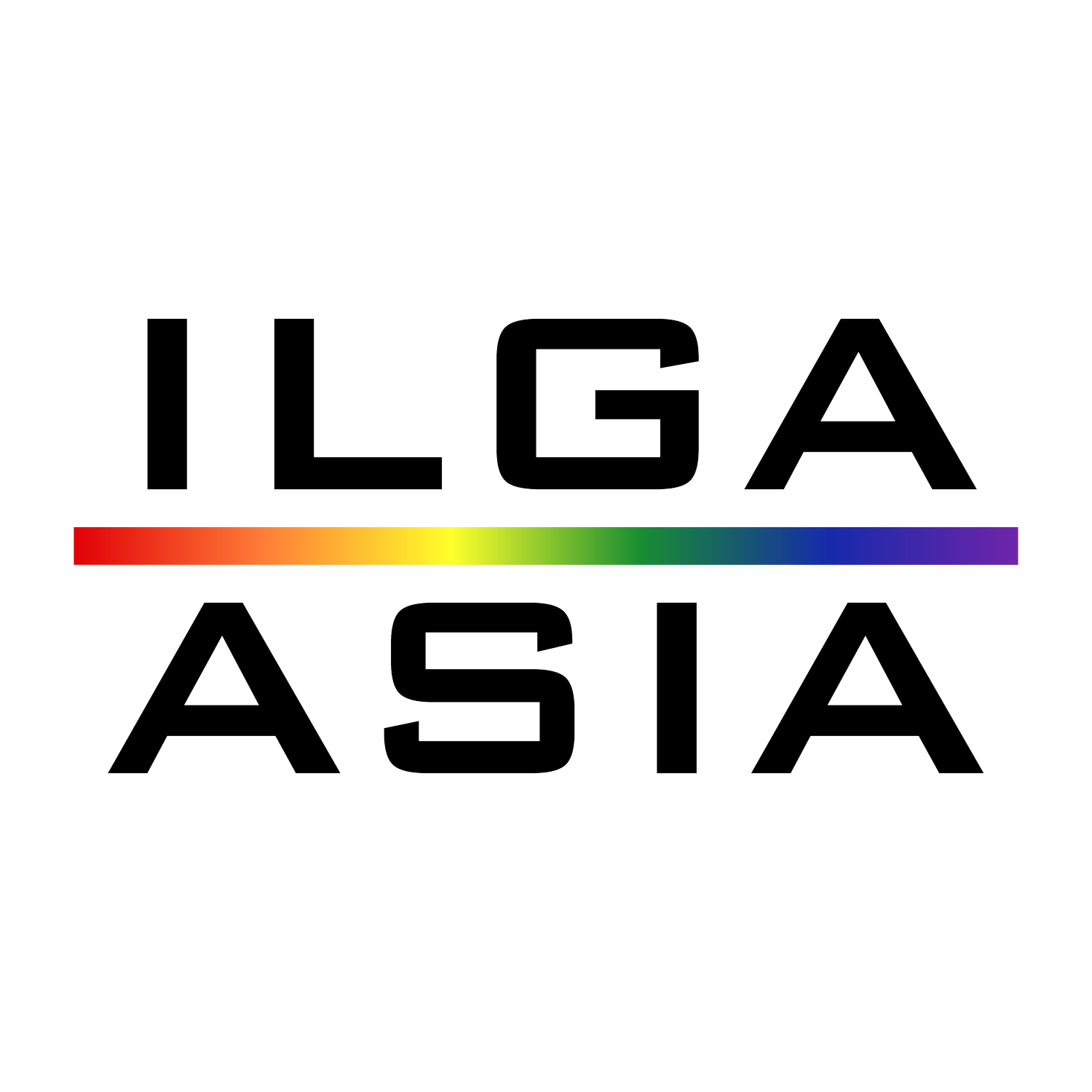Crisis Implies Possibilities: A Delicate LGBTIQ Movement in China
Executive Summary
From October 2020 to April 2021, we conducted the research for the purpose of understanding what has been done by LGBTIQ organizations in China over the last five years, the living conditions of Chinese LGBTIQ people, and the direction of where the movement is going in the future. In order to survive in the confined political and civil society space, we see a delicate movement landscape configured by LGBTIQ civil society organizations in China. Abundant strategies emerged during the research present us a tough yet lively picture of the Chinese LGBTIQ community.
It is tough because LGBTIQ people still encounter discrimination and marginalization from heteronormative society and State institutions in many aspects. There is limited visibility of LGBTIQ issues in social media, and online activism is in a vulnerable state due to strict censorship by the authoritarian government. The lack of marriage equality and legal recognition of same-sex relationship not only puts tremendous amount of pressure on LGBTIQ individuals, but also endangers their personal safety in cases of intimate partner violence. The State’s control over citizens’ bodies makes it difficult for LGBTIQ people to achieve their reproductive rights.
Religious LGBTIQ individuals have to deal with possible discrimination from both sides of their communities and suppression from the authorities. Health issues like HIV/AIDS, are still a significant part of the movement. LGBTIQ youth are receiving education in unfriendly campus environments every day, and are at high risk of being exposed to school bullying based on their sexual and gender identities. Transgender people are struggling to live their life as they want and as their gender identity, while the needs and rights of non-binary people are invisible in the binary societal system.
There are indeed many challenges for improving the LGBTIQ situation in China, such as the grim political situation, the vulnerable legal status of civil society organizations, and inveterate social values. Despite the bleak scenario, however, we have also seen opportunities for changing the situation. Through actively connecting with the international and transnational LGBTIQ community, as well as optimizing social media and economic globalization, we hope to foresee a better situation for Chinese LGBTIQ community. In the next five years, activists and civil society organizations will be focusing on legal rights advocacy, enhancing protection for LGBTIQ people against violence and discrimination, improving their mental/physical health and well-being, promoting gender education, and supporting transgender issues.




